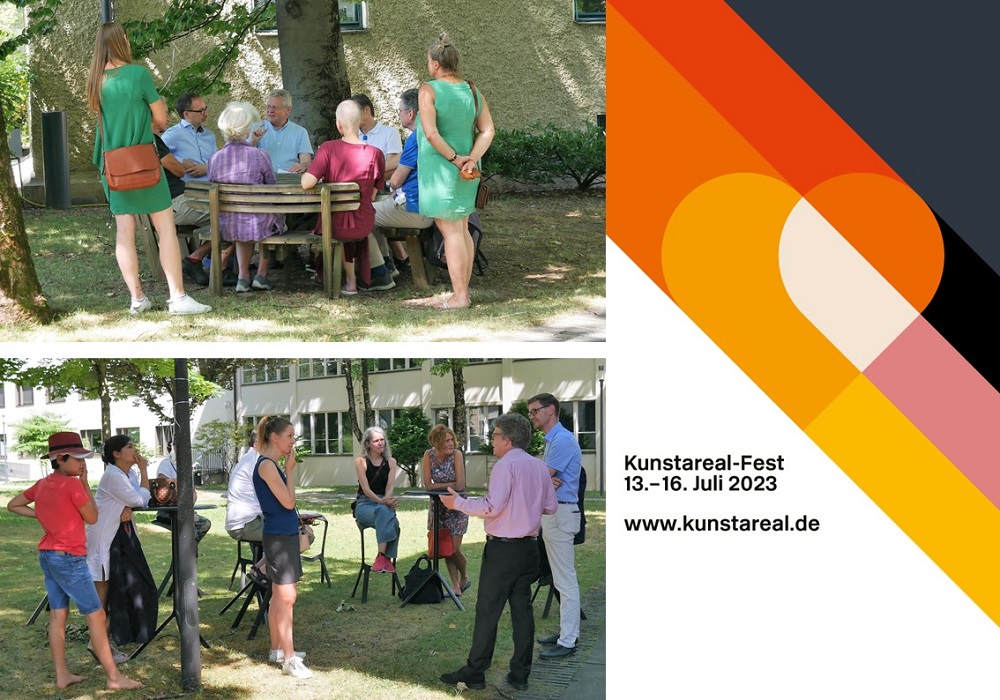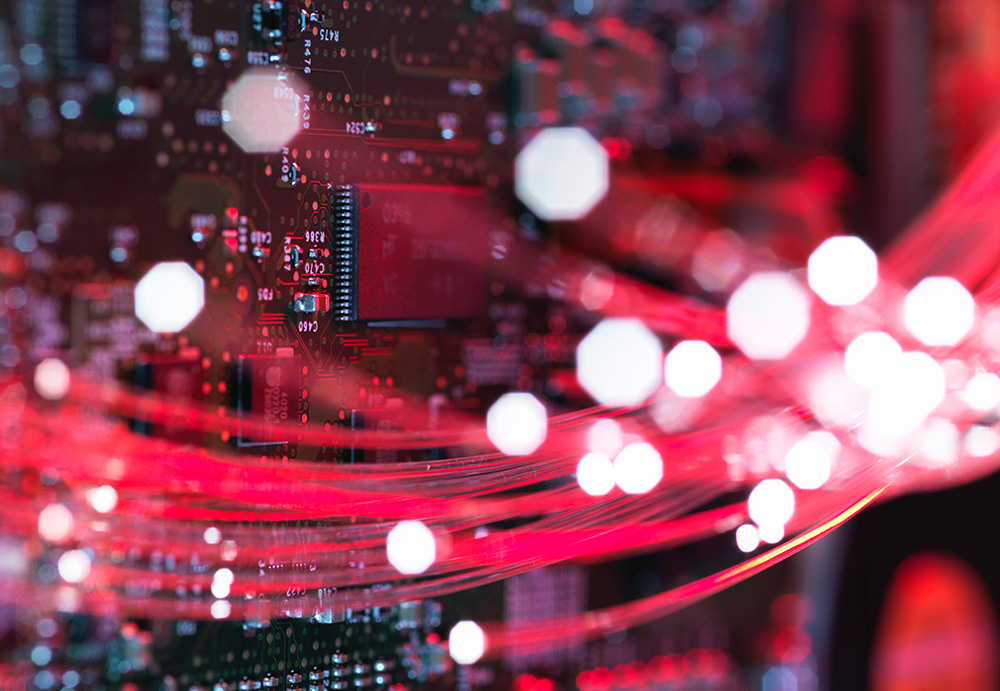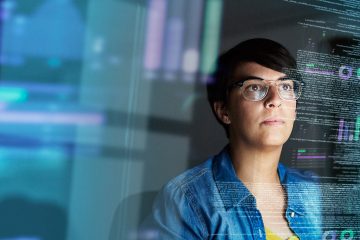acatech at Munich’s Kunstareal-Fest: AI – A world of opportunities?

Munich, 31 July 2023
Software and robotic systems based on artificial intelligence (AI) are seeping into more and more areas of our lives. What will they change? What new opportunities and freedoms will exist when we no longer need to perform monotonous routine tasks? As part of this year’s Kunstareal-Fest entitled “Sehnsucht/Longing”, AI specialists from Plattform Lernende Systeme and other experts and guests debated these questions in the acatech Office at Karolinenplatz, which is part of Munich’s Kunstareal.
In his introduction, Frank Dittmann, Curator of Energy Technology, Power Engineering and Automation in the Deutsches Museum in Munich, outlined the long history of robotics. Since the early 20th century in particular, our mental picture of robots has been shaped by how robots are depicted in film and literature – from the painting of Pandora (1882) to The Golem as a symbol of loss of control (1920) to Frankenstein (1931). The idea has always been to create a man-made assistant. Our image of robots is still shaped more by movies and other media, and less by reality, stated Frank Dittmann. In a permanent exhibition, the Deutsches Museum in Munich charts the evolution of robots – from the concept of machines that serve us to assistants in everyday life.
Norbert Huchler, member of the Board of ISF Munich – Institute for Social Science Research as well as a member of Plattform Lernende Systeme, focussed in his speech on the role of humans in their relationship with technology. We humans must shape AI. The key question is “How will we change our lives with AI?” not “How will AI change our lives?” AI systems obtain results in a completely different way to humans – i.e. by generating texts or images. It is important to recognise the differences between human capabilities and technology in order to shape the relationship, said Norbert Huchler. It’s not about humans and technology competing but about how best to divide up roles. Having said that, in the world of work, AI will not only relieve workers of uninteresting and onerous tasks but also help condense and intensify work. However, Norbert Huchler’s outlook is optimistic: societies are extremely resilient, adaptable, and complex, he said. Because technologies become established slowly, they can be adapted to people’s needs.
Robots and AI systems as useful assistants
Volker Tresp, Professor for Machine Learning in Computer Science at Ludwig-Maximilians-Universität (LMU) and member of Plattform Lernende Systeme, gave a presentation of the Munich Center for Machine Learning (MCML) in his speech. It is one of six publicly funded AI competence centres in Germany, with which LMU and Technical University of Munich are involved. Here, research is being done on the fundamentals of machine learning, awareness, visual processing, natural language processing and domain-specific learning. The latest successes in major language models have raised further interesting questions, specifically about understanding between AI systems and the effectiveness of language in communication, said Volker Tresp. To exploit the potential of AI, not only is strong research crucial, but also the transfer of research to business and society.
Rudolph Triebel, Head of the Perception and Cognition Department at the DLR Institute of Robotics and Mechatronics, outlined how robots can assist in space, in medicine, nursing care and in the home. To perceive objects, robots have to be aware of their surroundings, gauge the position of objects and determine a suitable grip. Something like this is easy for humans but a challenge for robots, said Rudolph Triebel. What is particularly hard for robots to do is to find objects in the real world from a picture. Combining robotics and AI will make this possible.
Following the speeches, the around 30 participants of the event split into small groups to discuss the topics with the experts in the informal setting of the acatech garden. The topics of discussion included the relationship between humans and technology as well as data for AI systems.





